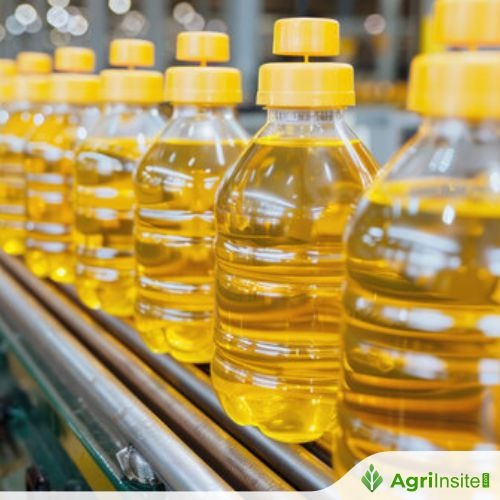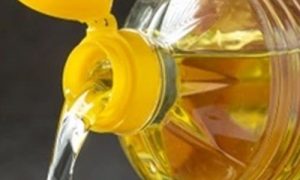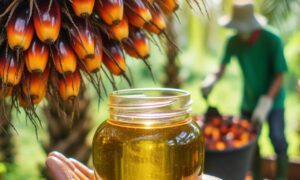Palm oil imports set to rise as demand picks up: SEA chief

India’s palm oil imports are expected to rise by 100,000–150,000 tonnes monthly due to price corrections and higher seasonal demand, says SEA President Sanjeev Asthana. He also stressed the importance of fortification to tackle micronutrient deficiencies and urged uniform edible oil packaging norms. SEA’s partnership with TechnoServe aims to improve oil refining hygiene and nutrition under the ‘Millers for Nutrition’ programme.
Sanjeev Asthana, President of the Solvent Extractors Association (SEA), said palm oil imports are set to increase in the coming months as prices have corrected and seasonal demand is expected to rise.
“Palm will start buying back its share from soya,” he said, noting that the price gap between palm oil and other oils like soy and sunflower has narrowed significantly.
Asthana explained that the summer season and ongoing wedding functions typically boost edible oil consumption. He expects monthly palm oil imports to rise by 100,000–150,000 tonne.
He also addressed India’s battle with micronutrient deficiencies, calling fortification a crucial solution. The SEA has partnered with US-based non-profit TechnoServe to bring in global best practices and training for oil refiners, especially around hygiene and nutrition.
“TechnoServe… brings the best global hygiene practices to the table,” he said.
Asthana urged the government to push for exports of non-GM soybean meal to the US, where there is high demand and better pricing. He said India is well-positioned to meet this need, calling the US “a perfect candidate” for Indian soymeal exports.
On the issue of consumer protection, Asthana flagged the shrinking size of edible oil pouches — from 910 grams to as low as 750 grams — often without the buyer’s awareness. “It’s almost become like a race to the bottom,” he said, warning that the lack of standardisation enables exploitation by some industry players.
He urged the government to review packaging norms and ensure that all companies follow uniform rules to protect consumers and ensure pricing fairness.
With inflation cooling and prices stabilising, Asthana said edible oil demand is likely to bounce back this fiscal.
“Consumers will start responding quite actively,” he added.
The SEA-TechnoServe partnership under the ‘Millers for Nutrition’ programme aims to strengthen fortification efforts and raise the overall quality and health standards of edible oils in India.
The Solvent Extractors Association of India (SEA) is a non-profit organisation founded in 1963 to support the solvent extraction industry. It represents firms that process vegetable oils from rice bran, oil cakes, soybeans, and minor oilseeds.
To Read more about Edible Oil News continue reading Agriinsite.com
Source : CNBC Tv18














